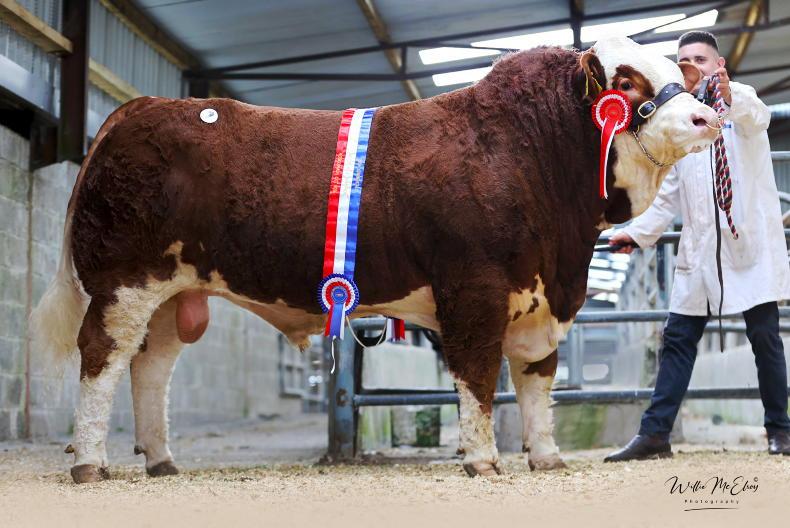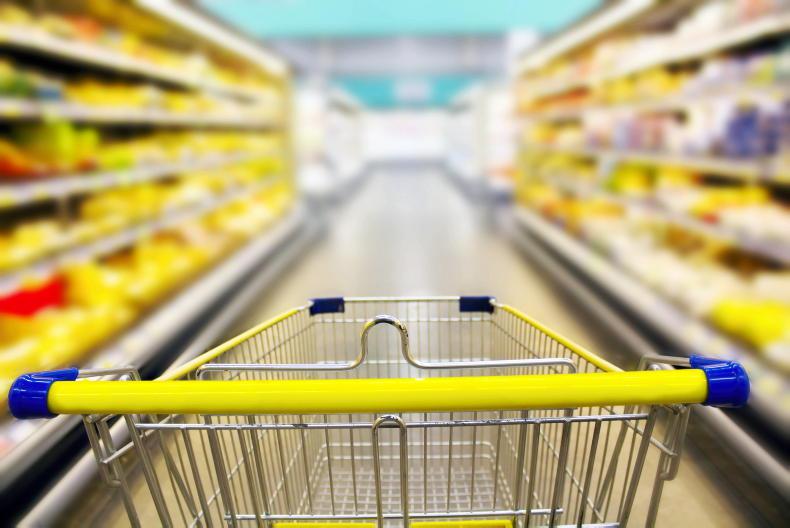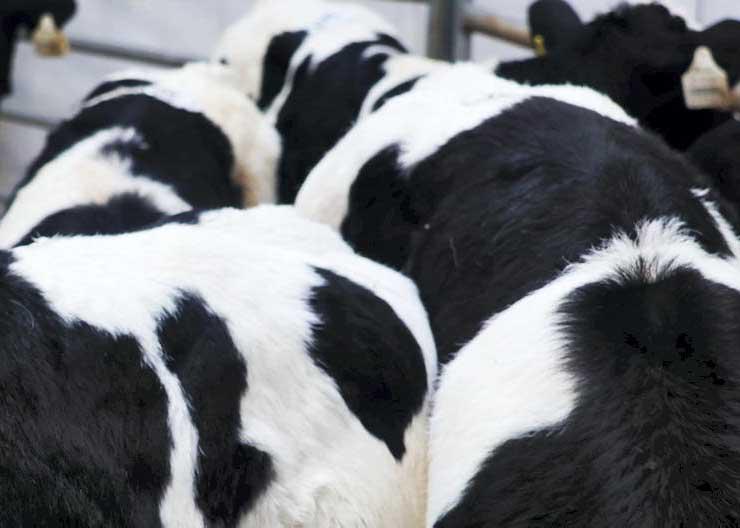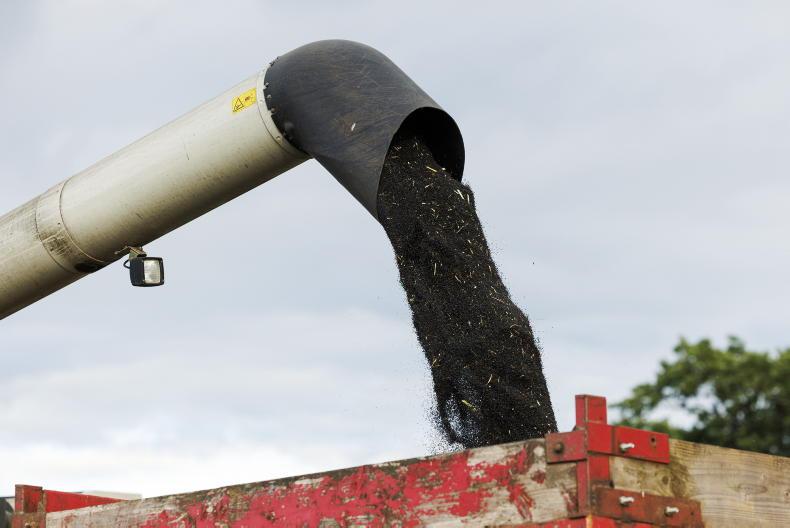Over the last few days a number of political commentators have pointed out that if the UK does opt for a softer type of Brexit, and form a permanent customs union with the EU (as proposed by the British Labour Party), it does not solve the problem of maintaining an open Irish border.
A customs union means that both sides would align trade policy, agreeing to apply no tariffs on internal trade, and the same tariffs on imported goods. But a customs union alone would not allow frictionless trade across the border as the UK could enforce its own standards and controls.
The only way to ensure that there is no need for checks at, or close to the border, is to apply EU single market rules and regulations on goods in NI.
In effect, it is what is currently proposed in Theresa May’s withdrawal agreement (a UK-wide customs union and NI stays in the single market for goods) that has failed to get past MPs at Westminster.
That escape clause is there to appease the fantasists in the Tory party who believe Britain can thrive as an independent trading nation
So why hasn’t Labour backed the deal? The crucial difference is that it wants the customs union arrangement to be permanent, whereas in the Theresa May deal, there is potentially a route out of a customs union for Britain.
That escape clause is there to appease the fantasists in the Tory party who believe Britain can thrive as an independent trading nation doing deals with the US and China. Meanwhile, NI gets left behind, effectively still in the EU.
It goes right to the heart of why many NI unionists hate the withdrawal agreement.
But if the UK was in a permanent customs union, this risk is gone. Granted, NI would still have to follow EU rules and regulations to allow frictionless trade, but this is something we would be doing in any event if we want to continue to trade into the EU.
A permanent customs union doesn’t completely solve the problem of the Irish border, but it goes a long way there.
Read more
EU puts UK on safe livestock trading list
24-hour notice required to import UK livestock products in hard Brexit
Over the last few days a number of political commentators have pointed out that if the UK does opt for a softer type of Brexit, and form a permanent customs union with the EU (as proposed by the British Labour Party), it does not solve the problem of maintaining an open Irish border.
A customs union means that both sides would align trade policy, agreeing to apply no tariffs on internal trade, and the same tariffs on imported goods. But a customs union alone would not allow frictionless trade across the border as the UK could enforce its own standards and controls.
The only way to ensure that there is no need for checks at, or close to the border, is to apply EU single market rules and regulations on goods in NI.
In effect, it is what is currently proposed in Theresa May’s withdrawal agreement (a UK-wide customs union and NI stays in the single market for goods) that has failed to get past MPs at Westminster.
That escape clause is there to appease the fantasists in the Tory party who believe Britain can thrive as an independent trading nation
So why hasn’t Labour backed the deal? The crucial difference is that it wants the customs union arrangement to be permanent, whereas in the Theresa May deal, there is potentially a route out of a customs union for Britain.
That escape clause is there to appease the fantasists in the Tory party who believe Britain can thrive as an independent trading nation doing deals with the US and China. Meanwhile, NI gets left behind, effectively still in the EU.
It goes right to the heart of why many NI unionists hate the withdrawal agreement.
But if the UK was in a permanent customs union, this risk is gone. Granted, NI would still have to follow EU rules and regulations to allow frictionless trade, but this is something we would be doing in any event if we want to continue to trade into the EU.
A permanent customs union doesn’t completely solve the problem of the Irish border, but it goes a long way there.
Read more
EU puts UK on safe livestock trading list
24-hour notice required to import UK livestock products in hard Brexit









SHARING OPTIONS